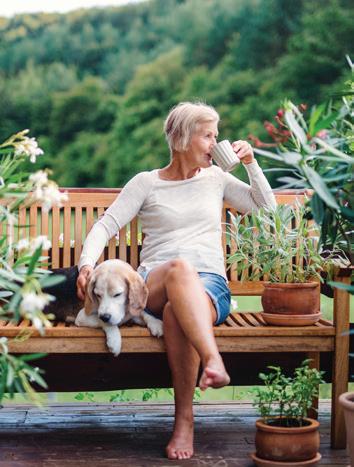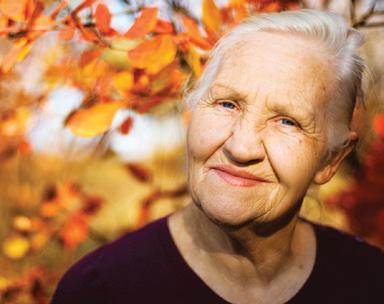Retirement Living Options
A care community will provide lifestyle village experiences with added care support It is important to understand that people with complex care needs, who may require greater medical attention, will not always suit living in a serviced apartment. Eligibility to reside in a serviced apartment or a supported living community may require you to be assessed as requiring assistance with daily living activities. A registered nurse or health care professional will complete the independent assessment which you can arrange to be conducted in the privacy and comfort of your own home.
Extra care services can be tailored to suit residents’ health needs if required for an extra fee, which may include help with personal hygiene or managing medications.
Rental units Some retirement villages offer rental accommodation, sometimes known as periodic tenancy, but these are generally reserved for people with limited financial resources and are usually income assessed. You will generally be charged a rental that is a percentage of the age pension and you may be eligible for rent assistance from Centrelink.
Community houses If you prefer to live in close proximity to other people and only require limited services, such as meals, then a community house is ideal as it offers low cost bedsitter housing. These are excellent options for those with a lower asset base. These communities provide lifestyle village experiences with added care support. Similar to serviced apartments and support living, this option is great for people who would prefer to be in retirement
accommodation and don’t want to go straight into an aged care facility.
Flexi units These one bedroom units allow a person to either remain independent or use the services the village offers on a ‘user pays’ basis, such as meals, cleaning or laundry services.
Care communities These communities provide lifestyle village experiences with added care support. Similar to serviced apartments and support living, this option is great for people who would prefer to be in retirement accommodation and don’t want to go straight into an aged care facility. When living in a Care community you can access additional supports as you age and your needs increase without you having to move to a different support setting such as supported loving or an aged care home. You can continue living in your own place in the same community but benefit from additional care and support, including personal support, dementia care and palliative care.
Legal structures The most common forms of tenure at retirement villages are loan, licence and leasehold, while Strata Title and Company Share are less common.
R
60
egardless of the type of tenure, residents are consulted about the ongoing management of the village to ensure the tenure they have chosen cannot be changed without the residents’ approval.
Occupancy rights
It is strongly advisable to seek legal advice on the effect of the form of tenure which applies to you, this should also be specified in the residence contract.
Licences
Your Retirement Living – 8th edition
There are different ways a resident may be granted a right to occupy a unit in a retirement village by way of lease or licence.
Long-term licence agreements usually include a right to include common areas and village facilities. Licences are not registered on
certificates of title and therefore may appear to be a less secure form of tenure. Terms and conditions of licenses are usually similar to leases.
Leases Leases usually contain detailed provisions which set out the rights and obligations of residents and village administrators. This is the most common form of retirement village tenure.
































